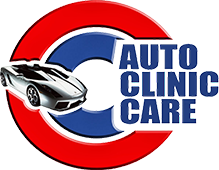WE ARE HIRING! We are looking for an ASE certified mechanic to join our team!
Click here to learn more & apply today!
give us a call
Loading ...
Missing business hours data / Error occurred while getting the data.
WE ARE HIRING! We are looking for an ASE certified mechanic to join our team!
Click here to learn more & apply today!
give us a call
Loading ...
Missing business hours data / Error occurred while getting the data.
Loading ...
Missing business hours data / Error occurred while getting the data.
Loading ...
Missing nap lines data / Error occured while getting the data.
